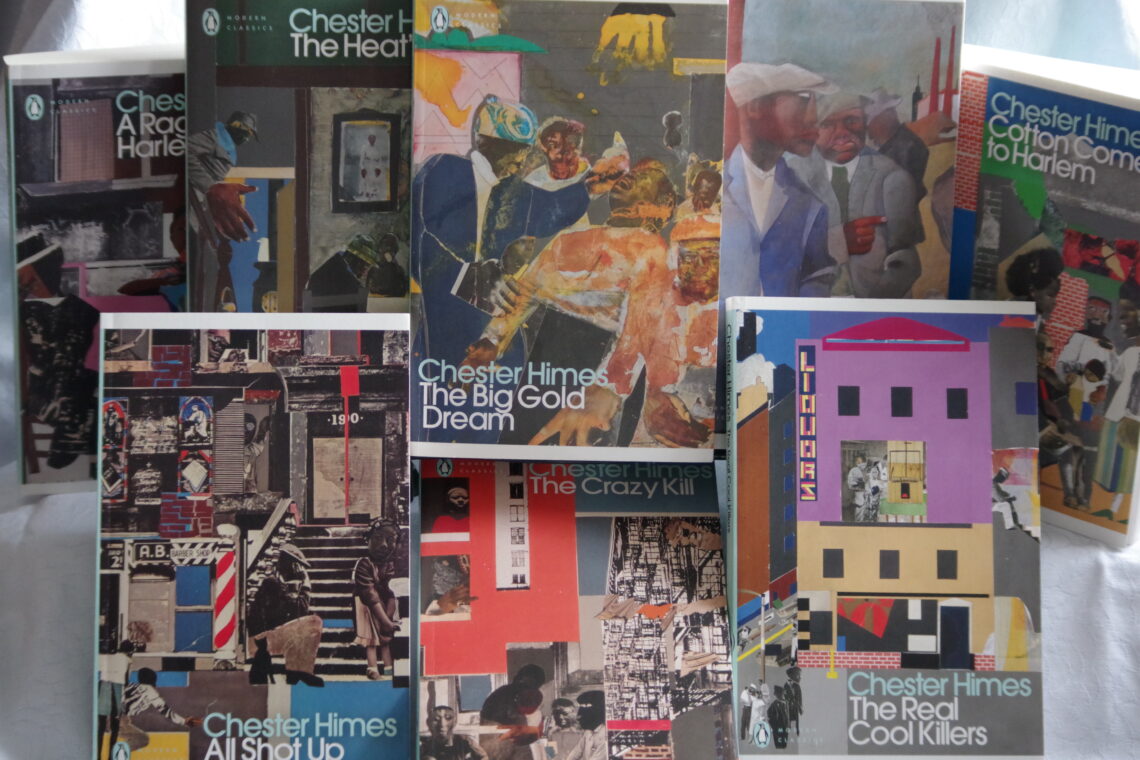
The Big Gold Nightmare
I met a North American from the United States in a small town in northern Germany a few years ago. He was sitting on a bench under a tree in what passes as the town’s main square, where the May Tree is erected each year, and looking very sorry for himself. The town Mayor, also the headmistress of the local primary school, had seen him there, and spoke to me. She was worried that he might be having problems and, her English not being quite as good, and she not having a great deal of time to deal with lost Americans, she asked if I would check on his welfare, talk to him.
The town is small, but has the right to call itself a city and collect taxes, granted during on of several political land reforms back in 1929. It rests of both sides of a major river, and possible thanks part of its earlier success to that river, and to the crossing point on a then major trade route. There is a castle, but not in the sense that we understand castles, more of a manor house; solid, slightly dilapidated, once home to a small court room and the county land registry, now being renovated and rebuilt at some great expense. The family which gave its name to this town had their residence there, but came to the end of their family line in the sixteenth century. The town, despite its small size, was once the county seat, the county bearing its name, until another political land reform in the Seventies split it between several other counties, and subjugated the area under the new county town, which had once been a small part of its large realm.
There is a police station here, which is open part-time. A railway station for a private railway. All the usual shops and stores you’d expect to find in a small town, struggling to keep up with the price rebates offered by the major supermarkets, of which this town has four despite its relatively small size. Buses run in all directions, there are several churches, the usual schools and community centres. Once a week, in the town square, where our American is sitting, there is a wandering market with food and fresh produce. A cinema offers the latest films, but there is no longer a dance-hall or disco, the pubs are fewer than they used to be, but a Greek, an Italian and several German restaurants, at least one pizza delivery service, and one doner kiosk. The two major banks no longer have personal service.
I approach the nervous American, and see that he is checking me out, as he probably checked everyone out who came anywhere near him. I greet him, and feel some of the tension dissipating: we speak the same language; he can understand me. We fall into a short conversation, and I discover the reason why he is feeling somewhat out of sorts, away from the safety of his own Texas home.
Looking back on our short conversation, several years later, I am reminded of a short piece of text in Chester Himes’ book The Big Gold Dream. He wrote:
… But he hadn’t been able to borrow a knife. No one had been willing to lend him a knife. It wasn’t what he might have done with it; it was just that nobody wanted to be without a knife. It wasn’t that people wanted to use their knives on other people; it was just that they wanted to have their knives in case other people stated cutting on them.
It became clear why the big Texan was feeling out of sorts very quickly, he made sure that I knew. He was uncomfortable in this quiet north German town, whose only claim to violent fame is being near a murder thirty-five years earlier, and having a few hooligans wandering the streets, beer-soaked, after one or another of the annual festivals. In fact, he was scared. He was scared because he didn’t have his gun with him. The fact that no one else had a gun, that he was not being threatened in any way, shape or form, that he was visiting a different country with a far, far lower crime rate than his own, made no difference. This big Texan was scared because he didn’t have his gun.
Europe has, for the most part, aside from one or two supporting roles, known peace for nearly three quarters of a century. The United States, with its massive armaments, atomic technology, blustering politicians, and claims of being the democratic centre of the known world, as well as the world’s policeman, has not. Internally, as much as externally, it is a mass of crime and death, inequality and suppression. As we watch, silently for the most part, the various political weapons and democratic systems being taken away from the central government of the country, as we watch a few monied hybrids wresting control practically unopposed in the name of cutting back on waste and fraud, I am reminded of that scared Texan. He had to disarm himself to visit Europe, and now his country is being disarmed on every single level by those elected, and not elected, to the highest positions of power. Soon, I suspect, the former United States of America will be found, sitting on a wooden bench in a market square, scared, because they very things which it claimed made it great have been taken away. And then, perhaps, they will understand the difference between what they have always claimed to be the Right to Freedom of so many things, and learn what it is to live in real (relative) freedom.
Image © Urban Camera.

